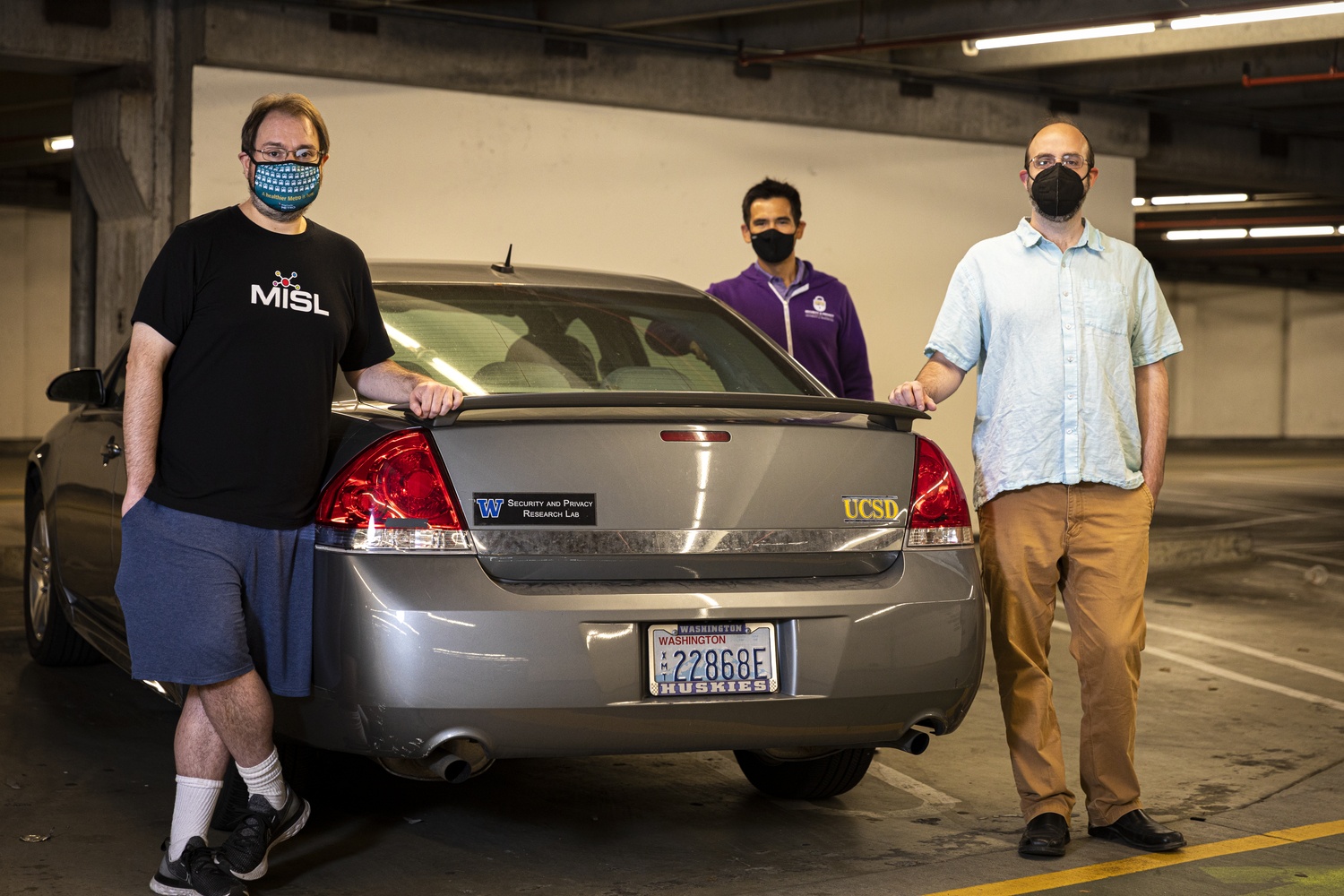
In 2010, researchers UCSD and UW gave the automotive industry a wake-up call when they demonstrated the ability to stop the engine and disable the brakes on a moving Chevrolet Impala from a distance. The team directly reached out to automotive manufacturers and published their research in “Experimental Security Analysis of a Modern Automobile” to alert industry of the vulnerabilities of cars’ computer systems.
According to Stefan Savage, “…vulnerabilities in traditional computers had fairly limited impacts. You might lose some data or get a password stolen. But nothing like the visceral effect of a car’s brakes suddenly failing. I think that bridging that gap between the physical world and the virtual one was something that made this exciting for us.”
In the decade since this team published their work, new automotive security standards and organizations have been created, government programs have focused more on vehicular cybersecurity, and countless efforts have been put into follow-on research. Recently, the team was also awarded the Golden Goose Award by the American Association for the Advancement of Science.
Press
- CNS Article “Computer Scientists Win Test of Time Award for Paper that Changed the Auto Industry”
- CNS Article “Five Years On, Car Hacking Research Still Triggering Alarms”
- La Jolla Light UCSD cybersleuth gets award for exposing how hackers can take control of cars
- UW Allen School News “Wired magazine: UW CSE’s and UCSD’s original car hack ‘far ahead of its time’”
- UW News “UW and UC San Diego researchers honored for their work discovering that someone could hack a car”
Project Details
- UC San Diego Researchers: Stephen Checkoway, Damon McCoy, Brian Kantor, Danny Anderson, Hovav Shacham, and Stefan Savage
- University of Washington Researchers: Karl Koscher, Alexei Czeskis, Franziska Roesner, Shwetak Patel, and Tadayoshi Kohno
- Golden Goose Award
- IEEE Symposium on Security and Privacy Test of Time Award
